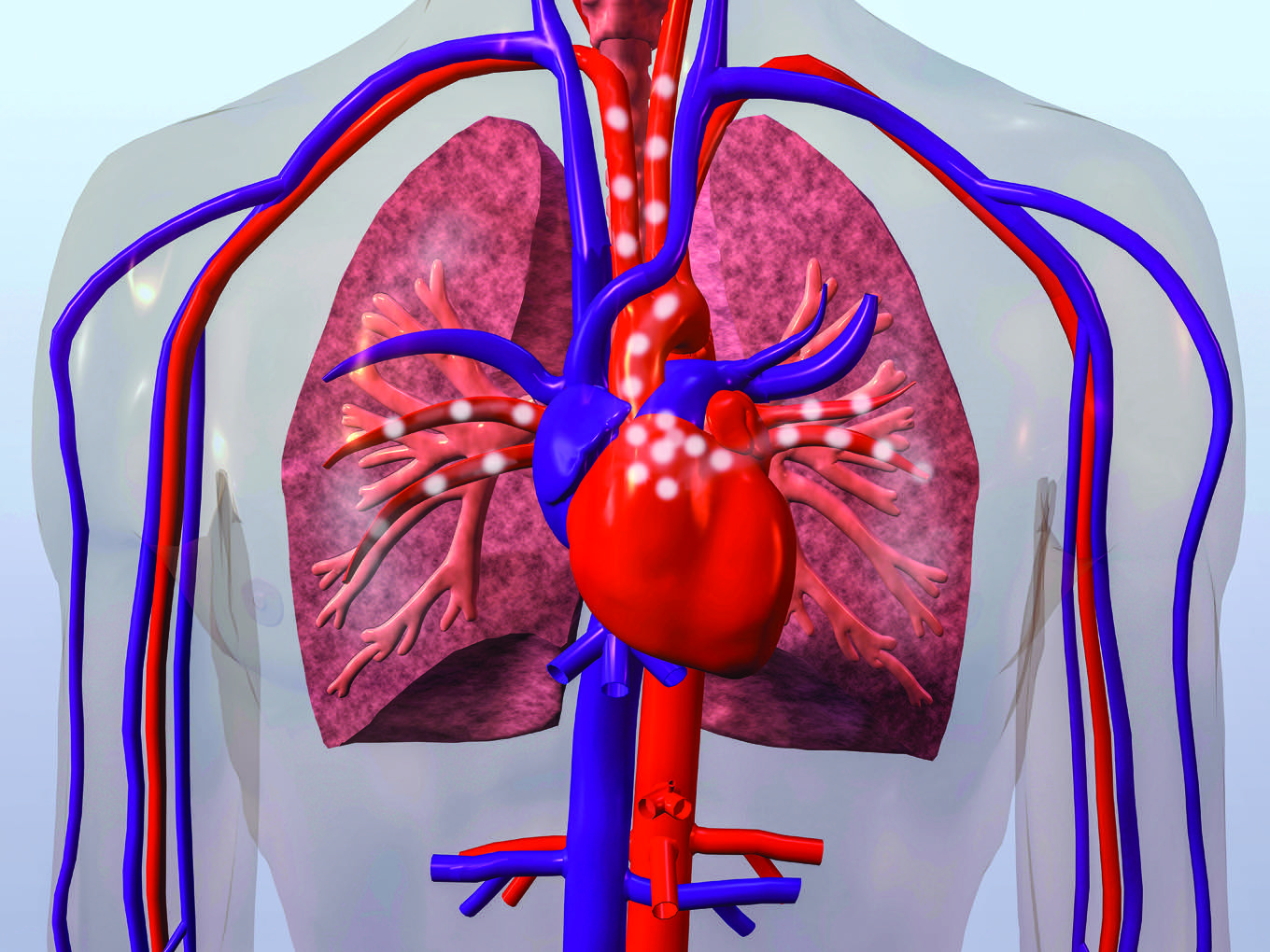Every 37 seconds in North America someone dies of a heart attack. But there are several natural remedies to protect the health of our hearts. They’re all available in health food stores and are not associated with the complications of cholesterol-lowering and other prescription drugs. Remember, the first rule of medicine is to do no harm.
One – get hooked on fish. Researchers at the Harvard School of Public Health report the magic ingredient in fish is omega-3 fatty acids. Fatty acids, like Aspirin, add oil to the blood, making it less likely that platelets will stick together to form a fatal clot.
Two – then get hooked on an anti-inflammatory diet. We know something is wrong when we develop an inflamed throat. Researchers believe that inflammation also increases the risk of coronary attack.
It can be predicted by a test called C-reactive protein (CRP). Dr. Ernst Schaefer, chief of the Lipid Metabolism Laboratory at Tufts University in Boston, says the best way to lower CRP is to lose weight, and to keep away from processed foods and many dessert items that are high in pro-inflammatory omega – 6 fatty acids.
Three – think ‘Sytrinol’ to lower blood cholesterol. Sytrinol consists of citrus and palm fruit extract, known as plant sterols. This remedy is shown to be effective in decreasing total cholesterol, triglycerides, LDL (the bad cholesterol) and in increasing HDL (the good cholesterol).
It also helps to have a handful of almonds daily and to increase dietary fiber such as oat bran, beans, peas, whole grains, vegetables and fruits.
Four – consider Aspirin. Those who have had a heart attack should consult a doctor about Aspirin. New evidence shows that an enteric-coated 81 milligram Aspirin daily decreases the risk of a second coronary attack. The doctor will advise that there is a risk of gastrointestinal bleeding, but this risk is normally outweighed by the benefit.
Five – consider Neo40 to help dilate coronary arteries. I take one of these lozenges daily. It contains a potent combination of natural ingredients that stimulate the inner lining of blood vessels to produce nitric oxide (NO). This molecule causes dilatation of coronary and other arteries.
It also helps erectile dysfunction as it dilates penile arteries in the same way. Dr. Nathan Bryan, at the University of Texas, Health Science Center at Houston, a world authority on NO, says that after age 40 we lose the ability to make NO causing constriction and stiffening of arteries.
This in turn results in hypertension. This constant pressure causes an inflammatory reaction in coronary arteries which kills one North American every 37 seconds. Once started Neo40 must be taken daily to achieve good results.
Six – high doses of Vitamin C and lysine. Dogs and other animals produce 5,000 milligrams of Vitamin C daily. Unfortunately humans, due to a genetic mutation, lost this ability eons ago.
Linus Pauling, a Nobel Prize winner, believed that a lack of high doses of C triggers microscopic cracks in coronary arteries often resulting in the formation of a blood clot and a fatal heart attack. The addition of lysine, an amino acid, strengthens arterial walls decreasing the risk of stroke.
Medi-C Plus and several other brands containing high doses of C are available. Photos on my web site, www.docgiff.com, show the results of taking increased amounts of C.
Seven – alcohol in moderation is one of the best medicines. Like many things in life, too much is a curse. But I believe Sir William Osler was right when he remarked, “Alcohol is for the elderly what milk is for the young.” Alcohol relaxes coronary arteries, decreases the risk of a blood clot and increases good cholesterol.
Eight – remember the formula EP =A+D. Extra pounds cause atherosclerosis and Type 2 diabetes. Since 50% of patients with diabetes die of a heart attack, it’s worth stepping on the scale daily to prevent weight gain.
Nine – walk, walk, walk. Some 10,000 steps daily are vital to keep your body in good shape.
Remember none of my columns are meant to diagnose, cure or treat disease. Always consult your family doctor.
For more information, check out www.docgiff.com. For comments, email info@docgiff.com.



